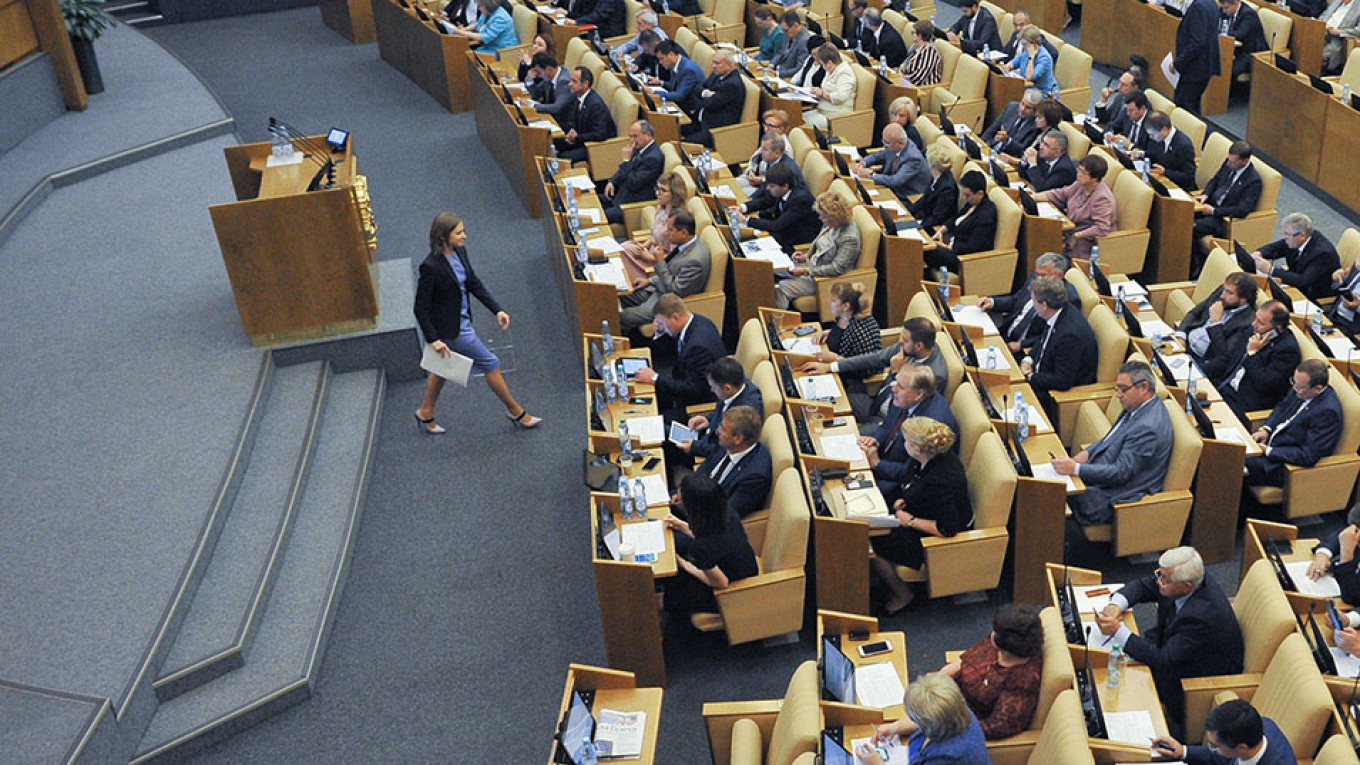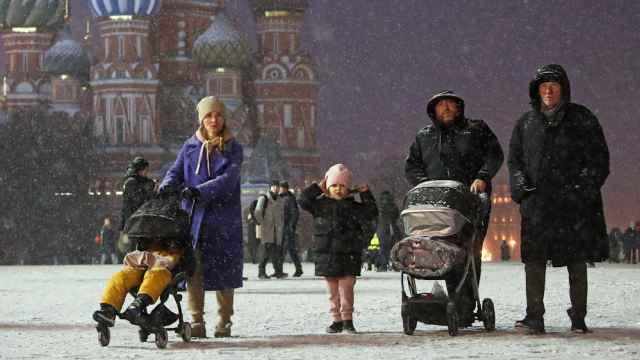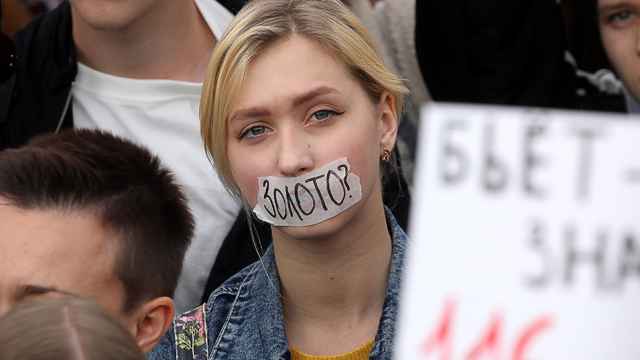Russians no longer see a deficit of women on their country’s political stage, according to a state-run survey that has tracked attitudes toward female politicians for over 20 years.
Researchers estimate that up to 17% of legislative seats in Russia are currently held by women, about half the global average. In the late 1990s, women held less than 8% of State Duma seats and less than 3.4% of Federation Council seats.
Thirty-two percent of respondents surveyed this year saw a need for more women politicians compared to 45% in 1998, the state-run VTsIOM pollster said in research published Monday.
Meanwhile, the share of respondents who told VTsIOM that there are currently enough women politicians has climbed over the years, from 27% in its 1998 survey to 40% in 2019. The number of respondents who want to see fewer women on the political stage has leveled off at 11% since 2016.
“If people felt a shortage of female politicians in the late 1990s, it’s been generally fulfilled now,” Valery Fyodorov, who heads the polling agency, said in a press release.
Respondents named weakness in the struggle for power, emotionality and an inability to focus on work as the main disadvantages of women politicians. They pointed to the ability to be close to people, a different way of thinking and professionalism as the advantages women politicians have over their male counterparts.
Male respondents were three times more likely to negatively view women politicians than female respondents, Fyodorov told the Kommersant newspaper Monday.
“The stereotypical image of a politician remains predominantly male,” Fyodorov said in the press release.
“Russians think women sometimes don’t have the will and character for power struggles. Besides, family and children take up a lot of their time,” he said.
VTsIOM polled 1,600 Russian respondents on Sept. 12.
A Message from The Moscow Times:
Dear readers,
We are facing unprecedented challenges. Russia's Prosecutor General's Office has designated The Moscow Times as an "undesirable" organization, criminalizing our work and putting our staff at risk of prosecution. This follows our earlier unjust labeling as a "foreign agent."
These actions are direct attempts to silence independent journalism in Russia. The authorities claim our work "discredits the decisions of the Russian leadership." We see things differently: we strive to provide accurate, unbiased reporting on Russia.
We, the journalists of The Moscow Times, refuse to be silenced. But to continue our work, we need your help.
Your support, no matter how small, makes a world of difference. If you can, please support us monthly starting from just $2. It's quick to set up, and every contribution makes a significant impact.
By supporting The Moscow Times, you're defending open, independent journalism in the face of repression. Thank you for standing with us.
Remind me later.






